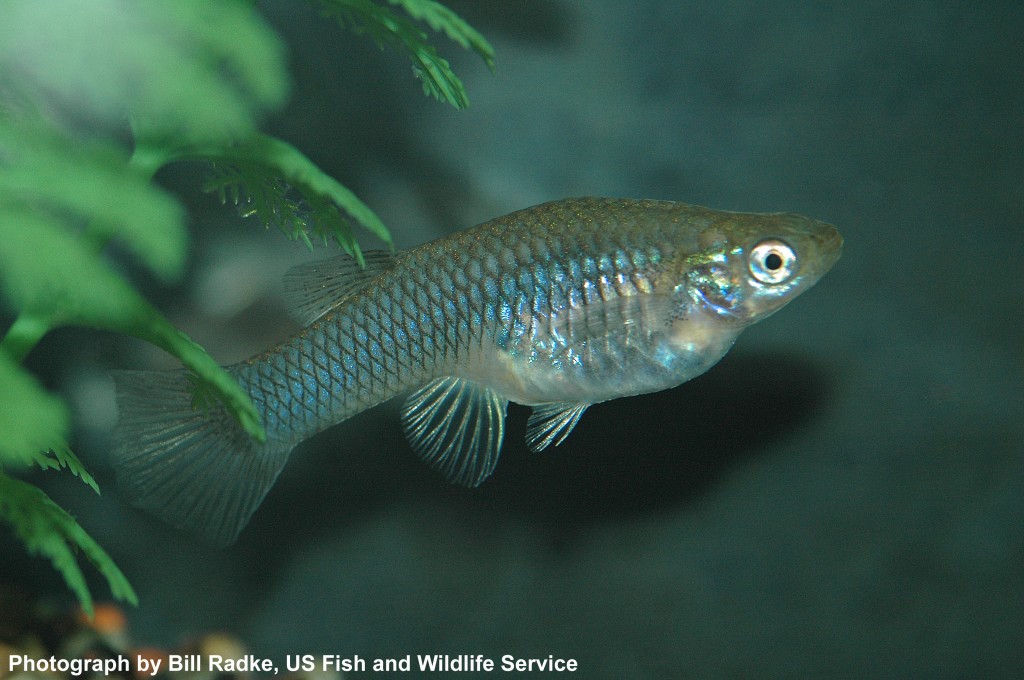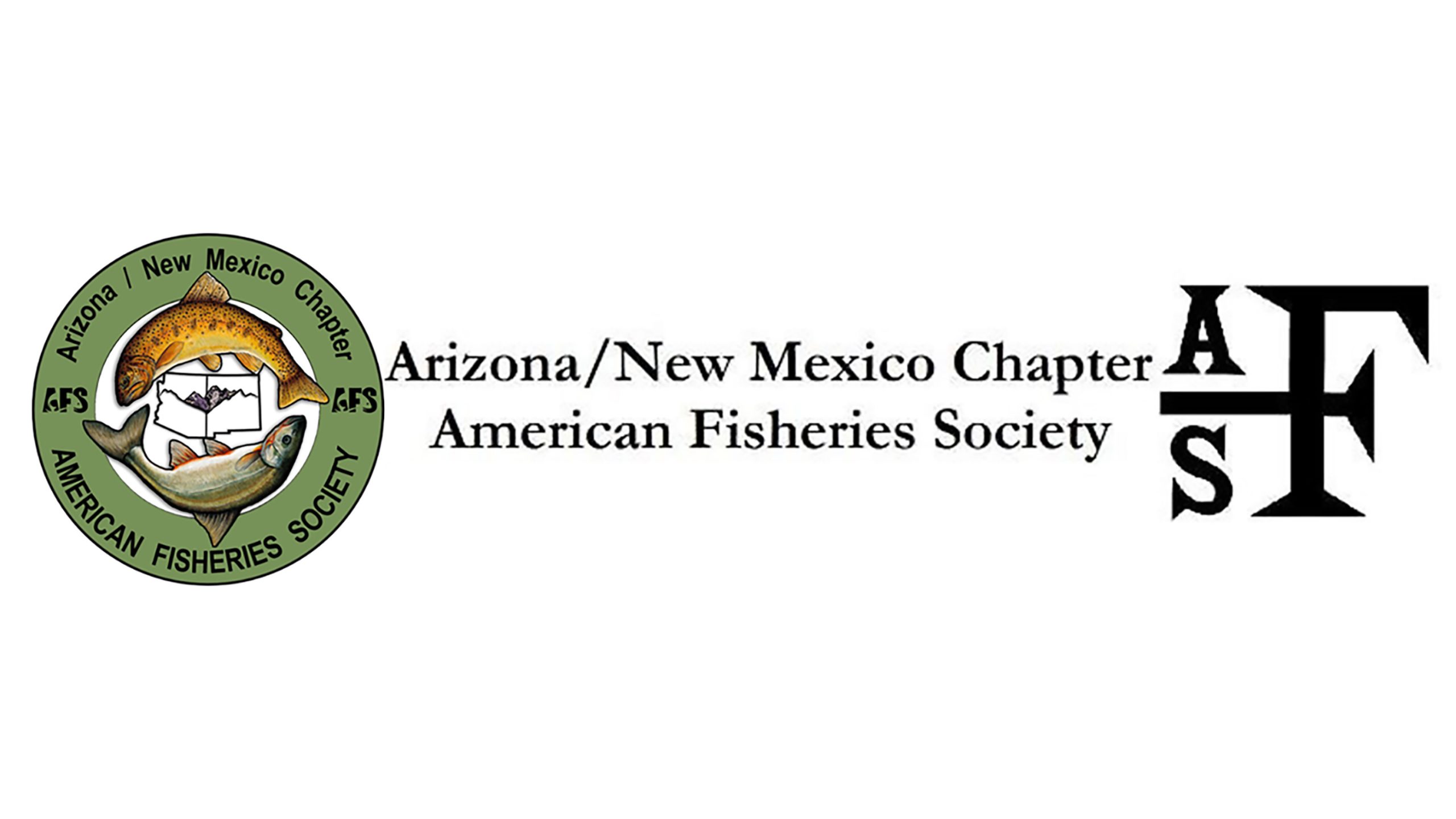Reno 2019: Continuing Education Offerings

Continuing Education Course List
(As of 4/18/19. Course schedule is subject to change, based on presenter availability; additional courses may be added, based on the completion of proposal review by the AFS Continuing Education Committee.)
See also: AFS Tours
Saturday, September 28, 2019
8:00 am – 5:00 pm
Beginning GIS for Fisheries Scientists
(*GIS courses may be taken separately or together as a two-day series)
This course will provide an overview of beginning GIS skills for fisheries biologists using ArcGIS, including use of existing data, creating your own data, and review of fundamental concepts for GIS.
Dam Removal: Planning, Design, Construction, & Monitoring
Over the past 100 years, the United States has led the world in dam building – blocking and harnessing rivers for a variety of purposes, including hydropower, irrigation, flood control, and water storage. While dams can benefit society, there are also reasons to consider dam removal, from the impact of dams on riverine & floodplain function to regulatory influences and engineering considerations. Momentum is building to remove more dams, and to find the best ways to take them down and restore the rivers they impounded. This one-day course will examine the engineering, hydrology & hydraulics, fluvial geomorphic, ecological restoration, construction, permitting, funding, and other considerations when removing a dam. Highly experienced instructors, involved in the removal of hundreds of small and large dams nationwide, will describe the removal techniques and lessons learned. Numerous case studies, from small mill dam removals on the east coast to large hydroelectric dam decommissionings on the west coast will be discussed and used to demonstrate the solutions found.
Introduction to Ecohydraulics
Ecohydraulics is a multidisciplinary field and practice that combines ecology, biology, chemistry, engineering, hydrology, hydraulics and geomorphology to understand how aquatic organisms and their ecosystems are shaped and evolve with lotic systems. This course aims to introduce ecohydraulics for people interested in learning about some of the basic principles and concepts in ecohydraulics, with a focus on applications to solve real world management questions.
Introduction to R: Fundamental Concepts and Practical Applications of R for Fisheries and Wildlife Scientists
(*R courses may be taken separately or together as a 1.5 day series)
This hands-on, live-coding workshop is a comprehensive introduction to R and RStudio, including basic computational concepts (e.g. directory navigation), introductory programming concepts (e.g. functions, arguments, data objects), and best practices of applying these skills (commenting code, data organization, workflow). Participants will be introduced to common and practical applications of R, including importing and exploring data frames, wrangling data in {dplyr}, visualizing data with {ggplot2}, and the well-known challenges of dealing with dates and times in R using {lubridate}. Sequential coding exercises will allow learners to build upon and enforce their mental models and encourage pair programming, and frequent formative assessments in the form of hands-on coding activities (faded examples, MCQs, Parsons problems) will be used identify and correct misconceptions and ensure that the workshop pace is appropriate for the learners.
Introductory Bayesian Analyses with JAGS for Fisheries and Wildlife Professionals
(*Bayesian courses may be taken separately or together as a two-day series)
Although Bayesian methods have gained popularity in the analysis of ecological data, they are commonly viewed as something of a mystery by many fisheries and wildlife students and professionals. This workshop, designed for beginners, will equip participants with the necessary tools and knowledge to apply these methods to basic fisheries and wildlife analytical problems. A mixture of theoretical and applied topics regarding Bayesian inference will be covered including Bayes’ Theorem, distinctions between Bayesian and classical modes of inference, prior distributions and their influence on inference from the posterior, Markov chain Monte Carlo methods, and convergence diagnostics. These topics will be explored using the JAGS software (called through R) to investigate basic fisheries and wildlife analysis problems including estimation of means and variances of a data set, hypothesis testing, estimation of binomial parameters, and regression analysis. Example data sets will focus on fish and fisheries, but all analyses covered will be of general interest to wildlife professionals as well.
Sunday, September 29, 2019
8:00 am – 5:00 pm
Advanced GIS for Fisheries Scientists
(*GIS courses may be taken separately or together as a two-day series)
Building on the “Beginning GIS for Fisheries Biologists’” course, this course will focus on geoprocessing, interpolation, and spatial analysis methods to aid in habitat assessments for fisheries monitoring and research. The lectures will be designed to prompt questions and discussions from the participants to keep them engaged and thinking about how they can apply the information to their job. The hands-on exercises will primarily be self-paced with assistance from the instructors and will provide examples for both freshwater and marine applications.
Conflict Management Skills for Fisheries Professionals
How does a professional keep conflict from stalling the work they want to do? Fish and Wildlife professionals are well versed in the dynamics of natural resource management; but less well versed in managing conflict over those resources. This course is for professionals who work with the public; who lead teams or partnerships; who direct external relations; or who play the role of peace maker for their organization. Attend this course to learn how to plan for conflict, diagnose the sources of conflict, intervene with skills professional mediators use, practice these skills, and to have some fun sharing your street smarts with the other professionals in the workshop. For more information see, https://tinyurl.com/AFS-TWSConflictTraining.
Environmental DNA (eDNA) Overview: Sampling Techniques, Applications, Analysis, and Occupancy Modeling
This course will provide attendees with a working knowledge of eDNA molecular diagnostics terminology and procedures. Examples showing both aquatic and terrestrial eDNA applications will be used to bring procedures to life. Portions of the course will include a hands-on segment to familiarize everyone with the basic use sample collection apparatus and how to perform water filtration.
In-stream PIT Tag Detection Systems (IPTDS)
This course targets graduate students and fisheries professionals interested in using RFID to estimate abundance, survival, habitat use, etc. Low frequency RFID (e.g., FDX-B) in the form of passive integrated transponder (PIT) tags and associated receiver technology has become a commonplace tool in fisheries. Problematically, there is very little formal training available in the application of the technology and subsequent data analysis. This workshop is intended to share best-practices and practical knowledge accumulated over the last 30 years of IPTDS application.
Intermediate Bayesian Analyses with JAGS for Fisheries and Wildlife Professionals
(*Bayesian courses may be taken separately or together as a two-day series)
The benefits of undertaking an analysis using Bayesian rather than classical methods become far more apparent for complex models. These include models with non-normal variance structures, multiple sources of variability (i.e., hierarchical models), and especially those that attempt to estimate characteristics of both latent and observed processes from the data. This workshop, designed for participants with an introductory understanding of BUGS and Bayesian concepts, will extend the material covered in the introductory first day to illustrate ways to accommodate these complexities in JAGS models. Again, application rather than theory will take precedence as participants learn about generalized linear models, checks for model adequacy, mixed effect models, and state-space models and how to code them in JAGS. Specifically, participants will explore the implementation and interpretation of logistic, Poisson, and negative-binomial regression models, the inclusion of random slopes and/or intercepts in these models, and the basic state-space Cormack-Jolly-Seber model with extensions to accommodate event- or individual-specific effects on survival or detection. Depending on time and participant interest, other state-space models may be demonstrated including a biomass dynamic model and a spawner-recruit analysis.
Introduction to Practical Statistics with R
A basic understanding of statistics is important for anyone in the science field who has a need or desire to read and write peer-reviewed articles and technical reports, prepare presentations and posters for conferences, design experiments, research data analysis methods, or make science-based policy decisions. This course will cover basic concepts in statistics with an emphasis on the statistical computing program R.
Sunday, September 29, 2019
8:00 am – 12:00 pm
Database Concepts, Design, and Application in Wildlife and Fisheries Science
This half-day course is applicable to anyone who collects and works with data. Some of the topics that will be covered include: data management life cycle, data management planning, data security and sharing, data validation and verification, quality assurance and quality control, types of data tools, choosing the right tool for the job, and basic relational database structure and design.
Intermediate R: Using {tidyr} to Manage, Wrangle, and Communicate Fisheries Data
(*R courses may be taken separately or together as a 1.5 day series)
A brief review of core concepts will be provided, and formative assessments in the form of hands-on coding activities (faded examples, MCQs, Parsons problems) will be used identify and correct any misconceptions about best practices of data organization and utilizing basic {dplyr} functions in RStudio. From there, live coding will be used to guide participants through a series of real world examples of data wrangling challenges as they learn to apply {dplyr} functions to merge datasets, explore, clean, and filter data, reshape data frames, and visualize data in effective ways. Sequential coding exercises will allow learners to build upon and enforce their mental models and encourage pair programming. Time will also be allocated for learners to apply what they’ve learned to their own data sets and collaboratively discuss approaches and solutions to the challenges they face in their own research.
Leadership at All Levels of AFS (no CE credit offered)
This workshop is designed for new and emerging leaders in AFS. It addresses the need for new and emerging leaders to better understand how AFS functions, the roles of Unit leaders in AFS, and how to be an effective leader in an all-volunteer organizations such as AFS.
Effective Peer Review for Wildlife and Fisheries Journals
This half-day course covers the importance and impact of review on authors, on journal quality and output, and on wildlife and fisheries science as a whole; how the publishing process works; how editors and peer reviewers are selected; how to get involved as a reviewer; roles and responsibilities of editors, associate editors, and peer reviewers; how to provide an editorial review; and how to provide a peer review. Best practices for reviewing papers will be emphasized.
CE Registration Rates:
Full-Day Courses
Member Students: $125
Member Early Career: $150
Non-member students: $150
Members: $175
Non-members: $250
Two-Day Series Courses
*AFS members who sign up for both days of either the Bayesian or GIS courses may take advantage of a discount, as compared to registering for both separately!
Member Students: $225
Member Early Career: $275
Members: $325
1.5-Day Series Course
*AFS members who sign up for both days of the R course may take advantage of a discount, as compared to registering for both separately!
Member Students: $170
Member Early Career: $205
Members: $245
Half-Day Courses
Member Students: $65
Member Early Career: $75
Non-member students: $75
Members: $90
Non-members: $125


